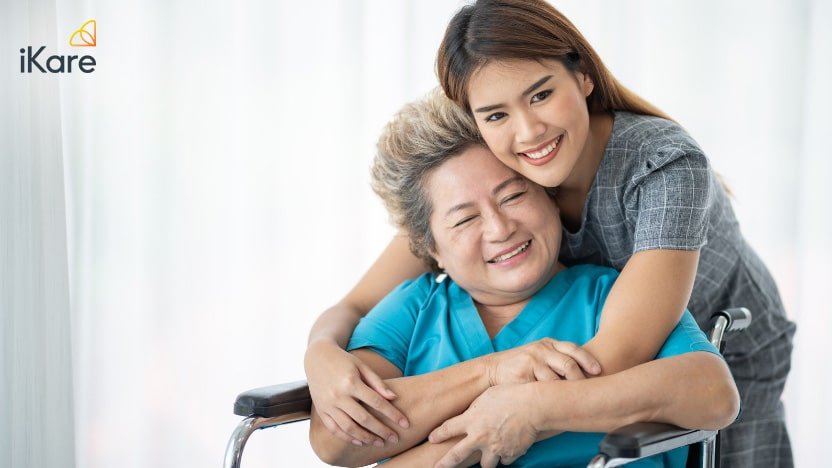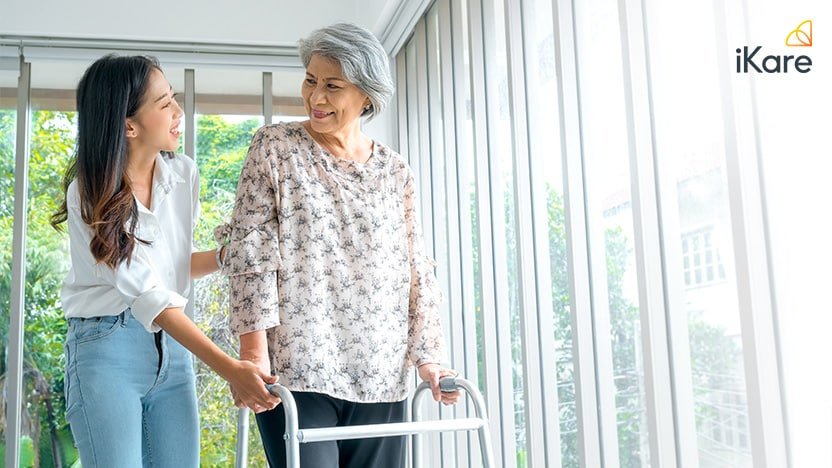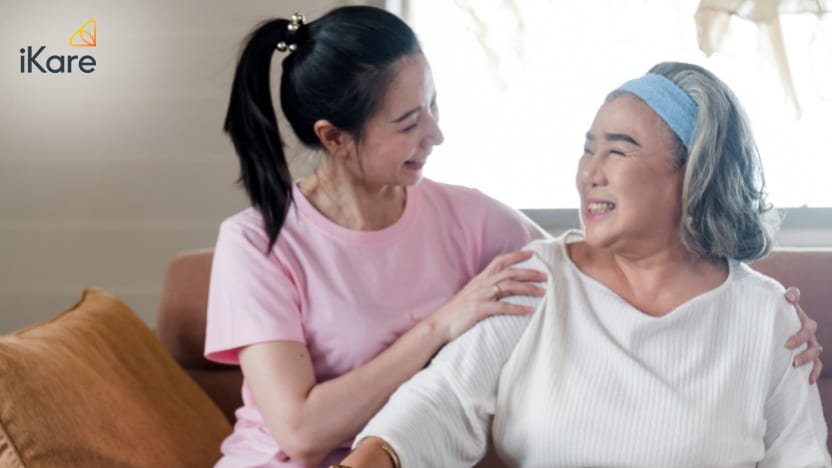
A stroke can be a life-altering event, not only for the person who experiences it but also for their loved ones. The journey to recovery after a stroke is often challenging, but with the right support and care, significant progress can be made. If you’re seeking guidance on how to best support a loved one, iKare, providers of home nursing care and eldercare services in Singapore, has compiled these essential ways to aid in their rehabilitation. Keep reading to learn the strategies that can play a crucial role in making the recovery process a smoother one.
Take steps to reduce risk of falls

Stroke care at home often involves addressing the heightened risk of falls, a significant concern due to balance loss and muscle weakness post-stroke. To mitigate this risk, it is crucial to proactively create a safe living environment. Removing tripping hazards and incorporating safety features such as handrails, grab bars, and non-slip mats in bathrooms can substantially enhance safety. Furthermore, encouraging participation in prescribed physical therapy sessions is vital. These sessions are tailored to improve balance, strength, and mobility, ultimately reducing the long-term risk of falls.
Moreover, when advised by healthcare professionals, consider employing assistive devices such as canes, walkers, or wheelchairs to provide stability and support, enabling your loved one to move with greater confidence and safety.
Monitor changes in behaviour
Stroke survivors may experience emotional and cognitive challenges, including depression, anxiety, and memory problems. Monitoring these changes is crucial for providing the right support and seeking timely intervention when needed. Stay attentive to your loved one’s emotional well-being by encouraging open communication and being a compassionate listener. Understand that frustration and mood swings are common during recovery.
Keep a close eye on cognitive changes as well. If you notice memory lapses, difficulty concentrating, or confusion, discuss these concerns with their healthcare team. Rehabilitation programs may include cognitive therapy and activities to help rebuild cognitive function. Patience and support from loved ones are also invaluable in this aspect of recovery.
Encourage your loved one and provide support

Rehabilitation after a stroke can be mentally and emotionally exhausting. Your loved one may face moments of frustration, self-doubt, and even despair. During these challenging times, your unwavering encouragement and support can make a world of difference. Celebrate small victories along the way whether it’s a successful physical therapy session, improved speech, or increased independence in daily activities. This positive reinforcement can boost their confidence and motivation. Furthermore, participation in support groups or community programs designed for stroke survivors helps to connect with others who have gone through similar experiences, offering valuable advice, coping strategies, and a supportive network.
Finally, be patient and flexible. Understand that setbacks may occur, but they are not indicative of failure. Your loved one’s determination and your consistent support will play a significant role in their rehabilitation.
Caregiver training
Caregiver training is a critical aspect of providing effective support, encompassing various elements such as understanding stroke, medication management, nutrition, communication strategies, and safety protocols. Among these critical components, mastering safe transfer techniques for stroke patients stands out as particularly crucial. These techniques involve learning how to help your loved one move from one position to another, such as from bed to chair or wheelchair. Proficiency in proper transfer techniques not only mitigates the risk of injuries for both the caregiver and the stroke survivor but also fosters independence and enhances mobility, which are paramount for the recovery journey.
Learn more: Your guide to finding a reliable Home care provider | iKare
The rehabilitation journey after a stroke is a challenging one, both for the survivor and their caregivers. With your dedication and care, your loved one can work towards regaining independence and enjoying an improved quality of life post-stroke.
Looking to provide the best care for your loved one’s recovery journey? From post-surgery care to stroke care at home, iKare’s home care solutions can help make the rehabilitation process smoother and more effective. Reach out to find out more today.

